International Museum Day: Showcasing Africa’s Artistic Treasures
Every year on the 18th of May, the world comes together to celebrate International Museum Day. A day dedicated to the institutions that preserve, protect, and exhibit humanity’s rich cultural heritage. This year’s theme, “Museums, Sustainability, and Well-being,” invites us to explore the role of museums in promoting environmental stewardship, social cohesion, and mental well-being. By focusing on Africa’s artistic treasures, this journal will take you on a journey through the history of African art, its influence on the world, and how museums play a crucial role in fostering cultural exchange, sustainable practices, and overall well-being.
Brief explanation of International Museum Day
Since its inception in 1977, International Museum Day has been a celebration of the vital role museums play in promoting understanding, education, and cultural exchange. With a different theme each year, this occasion aims to raise awareness and encourage dialogue on the importance of museums in preserving our collective cultural heritage and addressing contemporary challenges.
Significance of Africa’s artistic treasures
The artistic treasures of Africa are as diverse and rich as the continent itself. Spanning millennia, they encompass everything from prehistoric cave paintings to contemporary multimedia installations. These creations offer a window into the complex tapestry of Africa’s history, societies, and spiritual beliefs, and their relationship with the natural world.
Importance of showcasing Africa’s art on International Museum Day
As museums worldwide focus on Africa’s artistic treasures in the context of sustainability and well-being, they contribute to raising global awareness and appreciation for the continent’s immense cultural richness. Through exhibitions, educational programs, and collaborations, museums become platforms for promoting dialogue and understanding between diverse cultures, celebrating Africa’s profound artistic contributions, and fostering sustainable practices that contribute to individual and collective well-being.
Overview of Africa’s artistic history and diversity
1. Prehistoric art
Africa’s artistic roots can be traced back to prehistoric times, with the continent being home to some of the world’s earliest known art. The 77,000-year-old geometric engravings at Blombos Cave in South Africa, the ancient rock art in the Sahara Desert, and the famous Apollo 11 stones from Namibia all bear witness to the creative ingenuity of early humans.
2. Ancient African civilizations
Great African civilizations, such as Ancient Egypt, Nubia, and Ethiopia, have left behind a wealth of art and artifacts. For example, the awe-inspiring Great Sphinx and the intricate frescoes in the tombs of Egyptian pharaohs showcase the craftsmanship and artistic sophistication of these ancient cultures.
3. Traditional African art
Traditional African art encompasses a vast range of styles and mediums, reflecting the continent’s cultural diversity. The intricate bronze sculptures from the Kingdom of Benin, the delicate wood carvings of the Yoruba people, and the striking masks and costumes of the Dogon are just a few examples of the rich artistic traditions that have thrived in Africa for centuries.
4. Contemporary African art
Contemporary African art is a dynamic, constantly evolving field that encompasses painting, sculpture, photography, and multimedia installations. Artists such as Yinka Shonibare, El Anatsui, and Julie Mehretu have achieved international acclaim for their innovative and thought-provoking works, which often address themes such as identity, history, and globalization.
Influence of African art on global art movements
1. Early Art and modern art
At the dawn of the 20th century, European artists like Pablo Picasso and Henri Matisse began to look to African art for inspiration, captivated by its raw power and expressive forms. This fascination with the so-called “early” art led to the birth of the Early Art movement, which played a significant role in the development of modern art.
2. African influence on European artists
The impact of African art on European artists can be seen in the works of masters like Picasso, Matisse, and Paul Klee, who were all deeply inspired by the African masks and sculptures they encountered. Picasso’s seminal work, “Les Demoiselles d’Avignon,” is a prime example of how African art influenced the development of Cubism, a movement that radically altered the course of Western art.
3. Impact on contemporary art and design
African art continues to inspire contemporary artists and designers worldwide. Its aesthetics, materials, and techniques have been embraced and reinterpreted by a variety of creatives, from fashion designers like Duro Olowu, who incorporates vibrant African textiles into his clothing, to artists like Kehinde Wiley, who draws upon traditional African portraiture to create his iconic paintings of contemporary Black subjects.
Important African art museums and collections
1. National Museum of African Art (Washington, D.C.)
Located in the heart of the United States capital, the National Museum of African Art is home to a remarkable collection of over 12,000 objects from across the continent. The museum’s mission is to foster a greater understanding and appreciation of Africa’s diverse artistic heritage through exhibitions, research, and educational programs.
2. Zeitz Museum of Contemporary Art Africa (Cape Town, South Africa)
Opened in 2017, the Zeitz Museum of Contemporary Art Africa is the largest museum of contemporary African art in the world. Housed in a stunning converted grain silo, the museum showcases works by leading African artists such as William Kentridge, Njideka Akunyili Crosby, and Ibrahim Mahama.
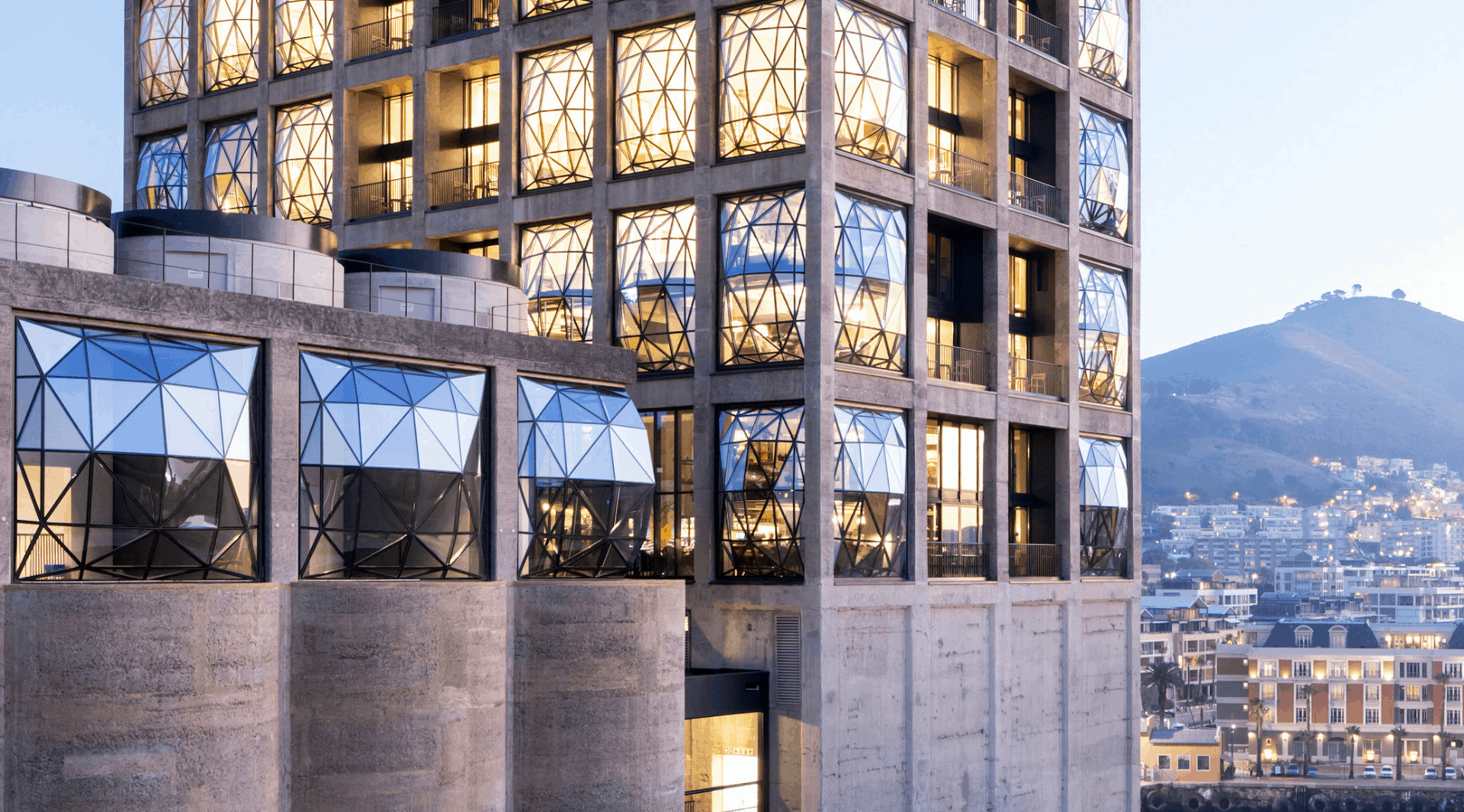
3. Musée National des Arts d’Afrique et d’Océanie (Paris, France)
The Musée National des Arts d’Afrique et d’Océanie is a renowned institution in Paris, France, dedicated to the artistic traditions of Africa, Oceania, and the Americas. Its collection features over 267,000 objects, including masterpieces of African sculpture, textiles, and jewelry.
4. British Museum’s African art collection (London, United Kingdom)
The British Museum in London boasts one of the world’s most comprehensive collections of African art, with over 200,000 objects spanning millennia. Highlights include the magnificent Benin bronzes, the Ife terracotta sculptures, and the contemporary works of artists like Sokari Douglas Camp and Romuald Hazoumè.
International Museum Day events focusing on African art
1. Special exhibitions and collaborations
On International Museum Day, institutions around the world will host special exhibitions showcasing Africa’s artistic treasures. These events often involve collaborations between museums, galleries, and private collectors, bringing together a diverse array of artworks rarely seen together.
2. Educational programs and workshops
Museums will also offer a range of educational programs and workshops aimed at deepening the understanding of African art. These might include lectures by renowned experts, hands-on art-making workshops, or guided tours that provide insights into the historical and cultural context of the artworks on display.
3. Virtual tours and online resources
In the digital age, museums have increasingly turned to online platforms to reach a global audience. Virtual tours, digital galleries, and educational resources will be made available to mark International Museum Day, ensuring that the celebration of Africa’s artistic treasures transcends geographical boundaries.
A. The significance of celebrating Africa’s artistic treasures on International Museum Day
As we celebrate Africa’s artistic treasures on International Museum Day, we honor the rich cultural heritage that has shaped the continent and the world. By showcasing these works in museums, we help to preserve them for future generations while encouraging artistic creativity and innovation.
B. The role of museums in promoting cultural exchange and understanding
Museums play a vital role in fostering cultural exchange and understanding between diverse societies. By showcasing Africa’s artistic treasures, they build bridges between cultures and promote a global appreciation for the continent’s rich artistic contributions. Through exhibitions, educational programs, and collaborations, museums become platforms for dialogue and mutual understanding, breaking down barriers and stereotypes.
C. The ongoing importance of International Museum Day and African art in the global context
The celebration of Africa’s artistic treasures on International Museum Day is essential in raising awareness of the diversity and richness of African art. As more people around the world discover and appreciate these artistic treasures, they contribute to a deeper understanding of Africa’s history, culture, and contemporary challenges. In doing so, we not only celebrate the past but also inspire future generations of artists and art enthusiasts, ensuring that the legacy of Africa’s artistic treasures continues to thrive.
In conclusion, International Museum Day provides a unique opportunity to highlight and celebrate the immense cultural wealth of Africa’s artistic treasures. As museums worldwide showcase these works, they play a crucial role in fostering cultural exchange, appreciation, and understanding. By honoring Africa’s artistic heritage, we recognize the profound impact it has had on the global art world and ensure that its legacy continues to inspire and enrich the lives of people everywhere.
Frequently Asked Questions
Q: What is the theme for ICOM 2023?
A: The theme for the 2023 International Museum Day edition (May 18th 2023) is Museums, Sustainability and Well-being. – International Museum Day: Showcasing Africa’s Artistic Treasures
Q: What is the meaning of International Museum Day?
A: International Museum Day is an annual event that aims to raise awareness about the importance of museums in preserving and showcasing humanity’s cultural heritage. It is a celebration of the vital role museums play in promoting understanding, education, and cultural exchange. Each year, a different theme is chosen to encourage dialogue and reflection on contemporary issues and the role of museums in addressing them.
Q: What is ICOM CC?
A: ICOM CC stands for International Council of Museums Committee for Conservation. It is a committee within ICOM that focuses on the conservation, study, and preservation of cultural heritage. The ICOM CC promotes the exchange of knowledge, research, and best practices in the field of conservation among museum professionals, institutions, and organizations worldwide.
Q: Why is it called a museum?
A: The term “museum” has its origins in Ancient Greek. It is derived from the word “Mouseion,” which was a place dedicated to the Muses, the patron goddesses of arts and sciences in Greek mythology. Over time, the concept of a museum evolved to include institutions that collect, preserve, and exhibit objects of historical, cultural, artistic, and scientific significance.
Q: Where is ICOM 2023?
A: The 20th ICOM-CC Triennial Conference will take place in Valencia, Spain, between Monday 18th and Friday 22nd September 2023. .

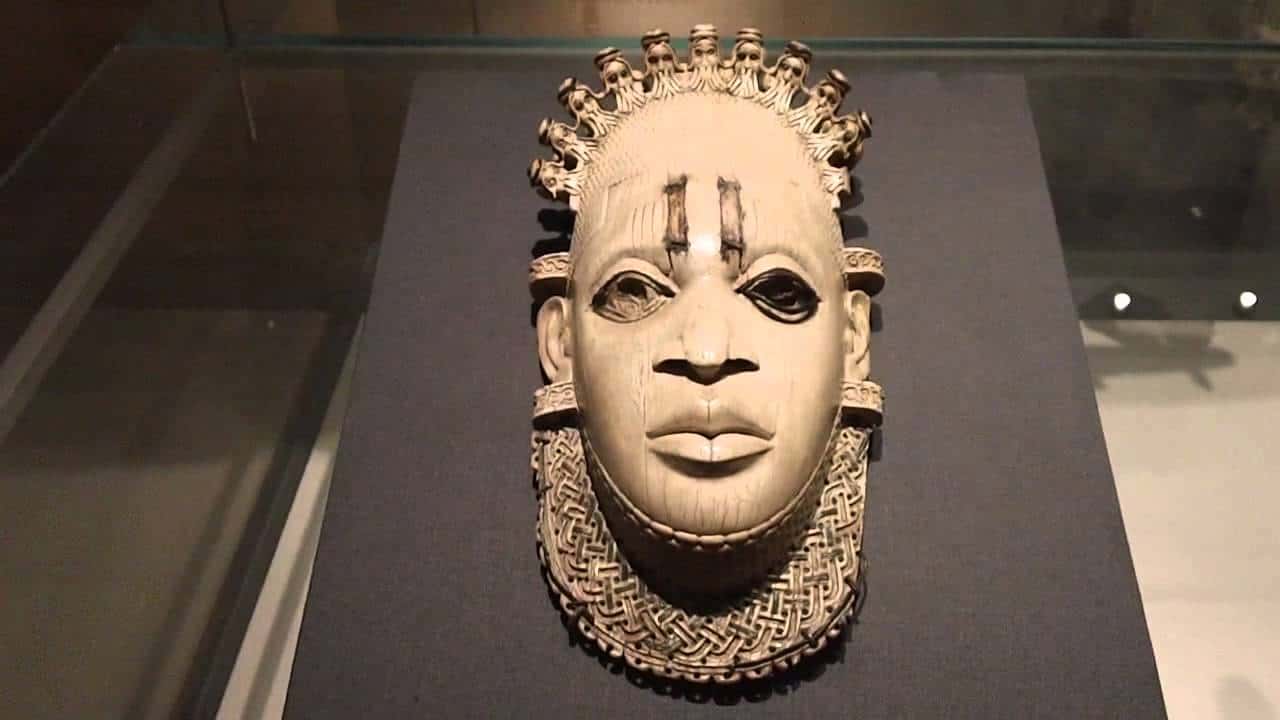
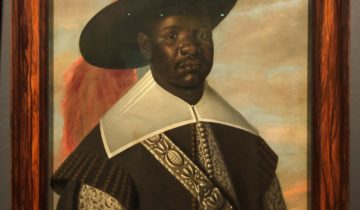
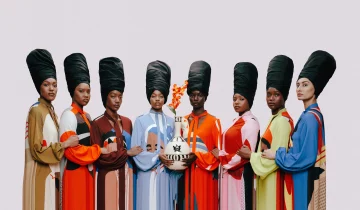
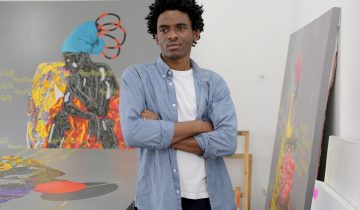
 No products in the basket.
No products in the basket.